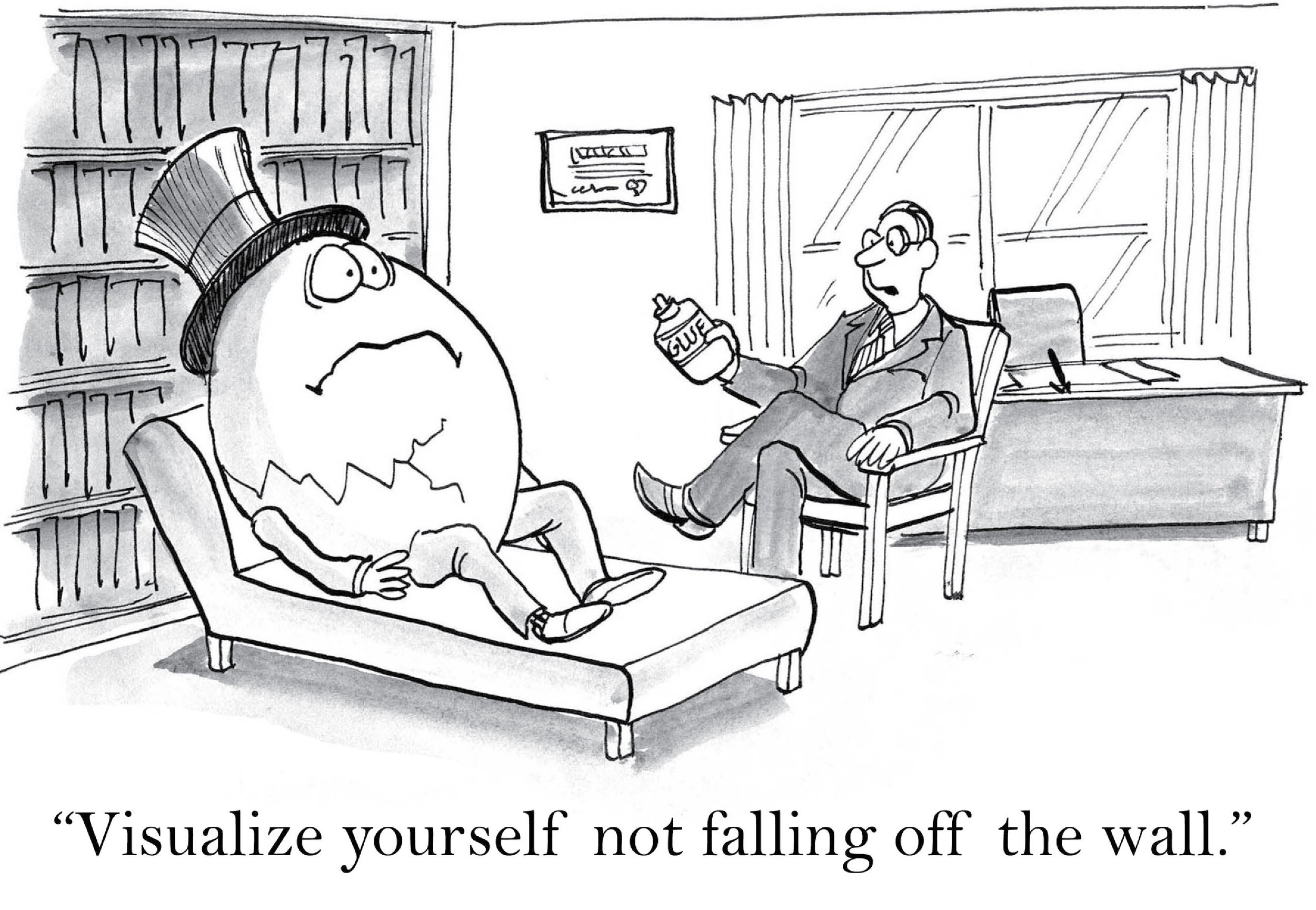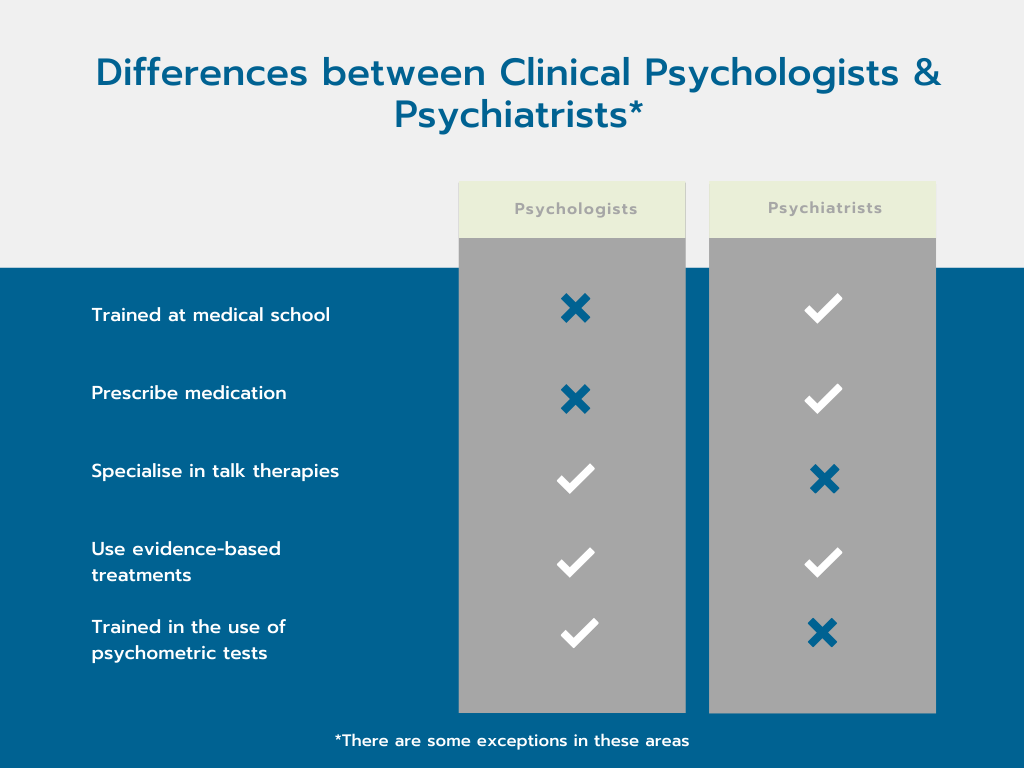Psychologist Near Me
What is a psychologist?
This is actually a broad term, referring to various professions. But all are tied together by a grounding in psychological thinking and theory. Some people hold academic positions teaching and researching topics within the field. Others apply their knowledge and skills supporting individuals and groups in public and private organisations.
A Clinical Psychologist undertakes training in the assessment and treatment of psychological difficulties. These problems range from diagnosable mental health conditions to issues such as stress and relationship difficulties.
The field of clinical psychology is a diverse branch of psychology. Practitioners specialise in many areas. We can be found working as school psychologists and organizational psychologists to name a couple of examples.
Clinical Psychologists work with other health and social care professionals in many settings. This collaboration typically takes place in Multidisciplinary Teams (MDT). These groups include (amongst others) Social Workers, Occupational Therapists and Nurses.
Training in clinical psychology
Clinical Psychologists are not medical doctors. Instead, most have earned a doctorate degree. This is from where the 'Dr' title comes.
Clinical Psychologists may hold a PhD and/or PsyD. PhD is a research degree, and some complete people complete one during clinical training.
A PsyD is a ‘practitioner doctorate’ which is an advanced qualification that qualifies someone as a Clinical Psychologist. This degree usually involves research, academic classes and workplace (clinical) placements.
The first step towards training is a degree in psychology. Some practitioners have completed masters degrees. However, clinical psychologists tend to train in a clinical psychology program (e.g., PsyD).
It is easy to confuse psychologist and psychiatrist. Both are mental health professionals. But the latter has completed basic medical training. They go on to specialise in psychiatry.
Can a psychologist prescribe medication? They cannot in most cases. Prescribing medications is the job of psychiatrists in nearly every country. Some Clinical Psychologists can prescribe in certain United States jurisdictions (e.g., New Mexico, the military).
What does a psychologist do?
Clinical psychologists seek to understand a person's difficulties through 'formulation'. This is an explanation of why and how a problem has developed. This approach to understanding mental health difficulties is a key tool used in clinical psychology.
A formulation is developed jointly with the clinical psychologist. It seeks to describe the problem(s) you want to address, and the reasons why (and how) your difficulties came about. We formulate to understand psychological difficulties, but also to indicate how we might treat the problem.
Clinical Psychologists base formulations on relevant theory and research. A clear, logical formulation leads to a specific treatment plan. A formulation may include clinical and non-clinical issues.
We treat problems with psychological interventions. These are talking theories shown to work through research studies. Treatment effectiveness is usually monitored by tracking changes to symptoms and other relevant factors.
Using evidence-based treatments is another key approach in clinical psychology. For example, Cognitive Behaviour Therapy (CBT) is well-validated for low mood, anxiety, and other common problems.
Clinical Psychology covers far more than mental disorders. We work with many other types of psychological problems, ranging from stress and relationship issues, to coping with big life changes.
Clinical Psychology in the workplace
My practice has branched out to working with professionals in the workplace. I focus on both performance and wellbeing on the job.
Many psychological skills are directly transferable to workplace issues. I work with many difficulties including low confidence, anxiety, stress, poor work-life balance, barriers to promotion and more.
Strategies taken from evidence-based interventions like CBT are very useful in resolving these problems. For instance, people frequently assume that colleagues have negative thoughts towards them. Testing and re-evaluating these thoughts can produce positive results.
Therapist near me
Finding e-therapy services or an online therapist is easier than ever.
It's the new 'therapist near me'. But the wide choice of practitioners can be confusing:
Is BetterHelp legit? How do I find a therapist? How does online therapy work? What is Talkspace?
Many people are experiencing the benefits of improved access to online therapy. But be careful to ensure the practitioner is sufficiently trained and qualified. You should always have ready access to a therapist's qualifications and credentials.
People can be understandably anxious about working with a mental health professional. This article might be of interest if you're feeling uncomfortable.
Free online therapy
In general, there is limited access to free therapy.
If you are looking for free therapy, you may have access to local public health services. These services are generally accessed through your GP. For instance, some people can access the IAPT (CBT) scheme. Many Clinical Psychologists now offer online services.
Try out some techniques I use on my skills video page.
Find a psychologist
I am a licensed (registered with the Health Care Professions Council, HCPC) psychologist and work in private practice. I have worked in several public and private sector organisations, ranging from hospitals to large international companies. I have trained in several evidence-based interventions for various physical and mental health problems.
You can read more about these approaches here:
CBT
ACT
Mindfulness
You can read genuine, unaltered client reviews here.




